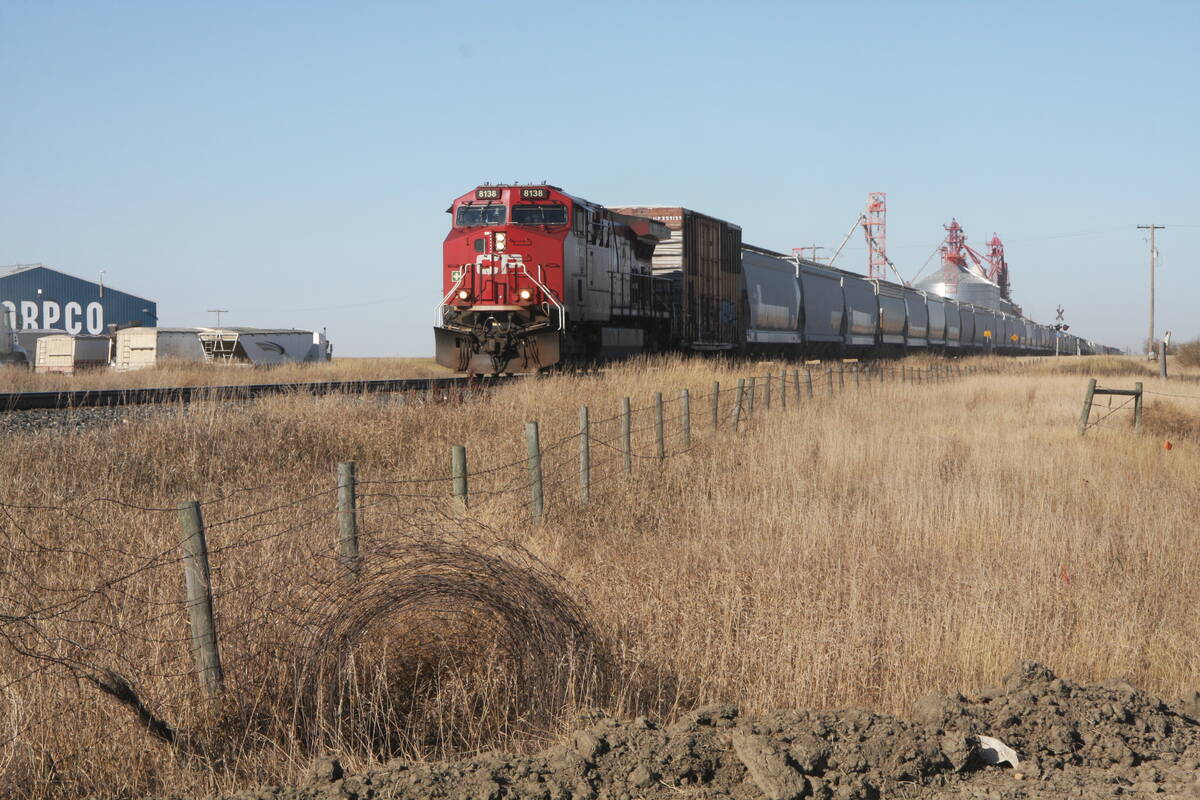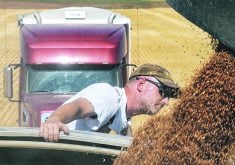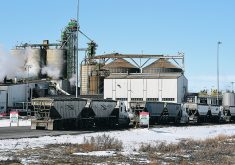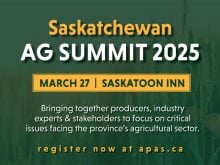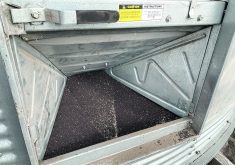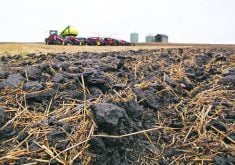The Agricultural Producers Association of Saskatchewan wants to offer a thoughtful response to Robert Arnason’s opinion piece titled “Farm groups are too amiable with the federal government” that was published on page 7 of the Sept. 4 Western Producer September 4.
We appreciate the dialogue it encourages, but we believe the commentary oversimplifies the diverse advocacy efforts of Canadian farm organizations.
APAS operates as a completely independent organization, representing Saskatchewan farmers without influence or funding from federal or provincial governments or industry players.
Read Also

Budget seen as fairly solid, but worrying cracks appear
The reaction from the agriculture industry to prime minister Mark Carney’s first budget handed down November 4th has been largely positive.
Our mandate is clear: to fight for the interests of our members with every position grounded in the needs of Saskatchewan producers — free from outside influences.
Arnason’s critique labels Canadian farm groups as overly “conciliatory,” implying that they fail to challenge government policies aggressively.
The article offers few examples to support this broad claim and ignores the nuanced approaches that farm groups, including APAS, use when advocating for farmers.
APAS consistently challenges government and industry head on, delivering results for our members. For example:
- APAS took a strong stand against railway carbon surcharges and the broader carbon tax, presenting hard-hitting advocacy that eventually led to the elimination of these taxes and surcharge — a $200-million relief from the past five years for Saskatchewan farmers.
- APAS has consistently called out the lack of transparency in railway costing, warning that Saskatchewan farmers could face an additional $2.3 billion in freight charges if the Maximum Revenue Entitlement (MRE) was eliminated.
- We’ve opposed the Bunge-Viterra merger, highlighting the potential $800 million annual cost to Saskatchewan farmers.
- APAS stood firmly against proposed changes to the capital gains tax, emphasizing how they undermine family farm transition.
- And who can forget a few years ago when APAS took issue with the provincial government over the perception that high crop insurance claims were the cause of the provincial deficit.
Contrary to the claim that farm groups avoid confrontation, APAS advocates through public critique when necessary.
The opinion piece suggests aggressive “public lashing out” as the ideal tone for advocacy. We disagree. Advocacy succeeds when tailored to the issue and circumstances at hand.
While public criticism is sometimes required, collaborative negotiation can be equally effective. For APAS, our approach is results driven — not performative.
APAS’s independence sets us apart. Funded directly by Saskatchewan producers, we challenge governments, industry or any party whose actions impact farmers. Listening closely to regular feedback ensures our priorities match those of Saskatchewan farmers, whether that means public critique or behind-the-scenes lobbying.
Farm groups are not monolithic. Arnason’s broad generalizations fail to recognize the differing mandates among organizations.
Some focus on research or market development, while others, like APAS, advocate for producers’ policy interests. By painting all farm groups with the same brush, the article overlooks the unique and critical roles in advocacy.
Moreover, the author’s framing of “hard-hitting stories” as reliant on public criticism prioritizes journalistic preferences over effective advocacy. APAS’s work aims for measurable results, not headlines.
For APAS, independence is not a tagline, it’s the backbone of our organization. We unapologetically challenge governments and industry when warranted, whether pushing back against bad policies or advocating for better ones.
Our advocacy is strategic, adaptable and always rooted in the needs of Saskatchewan farmers.
While Arnason’s piece starts an important conversation, its generalizations miss the critical role farm groups play in shaping effective agricultural policy.
Bill Prybylski is president of the Agricultural Producers Association of Saskatchewan.

